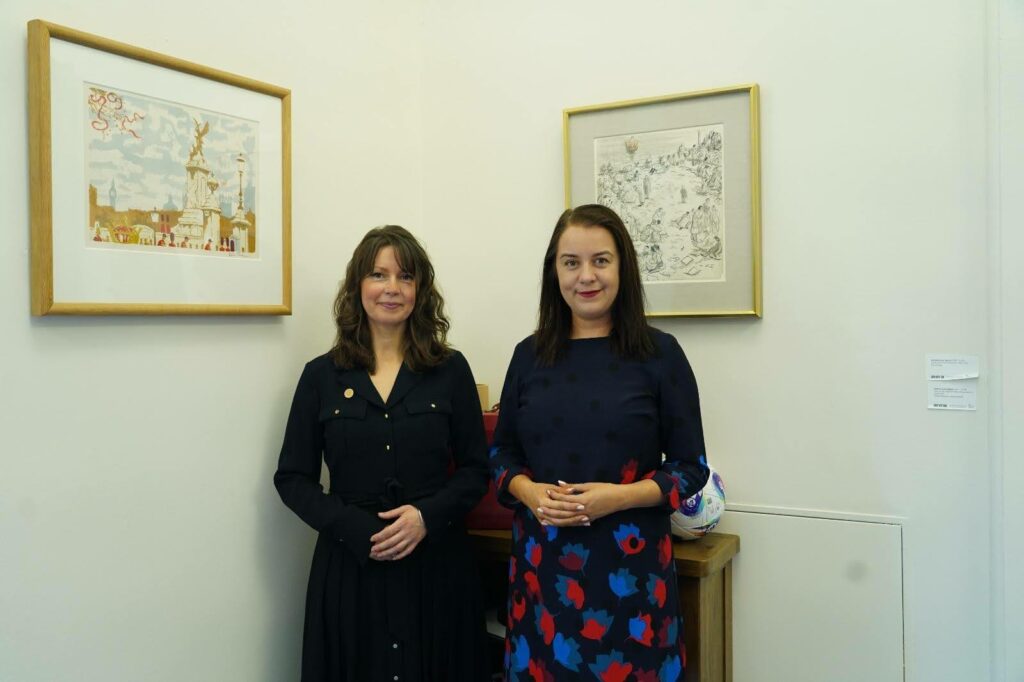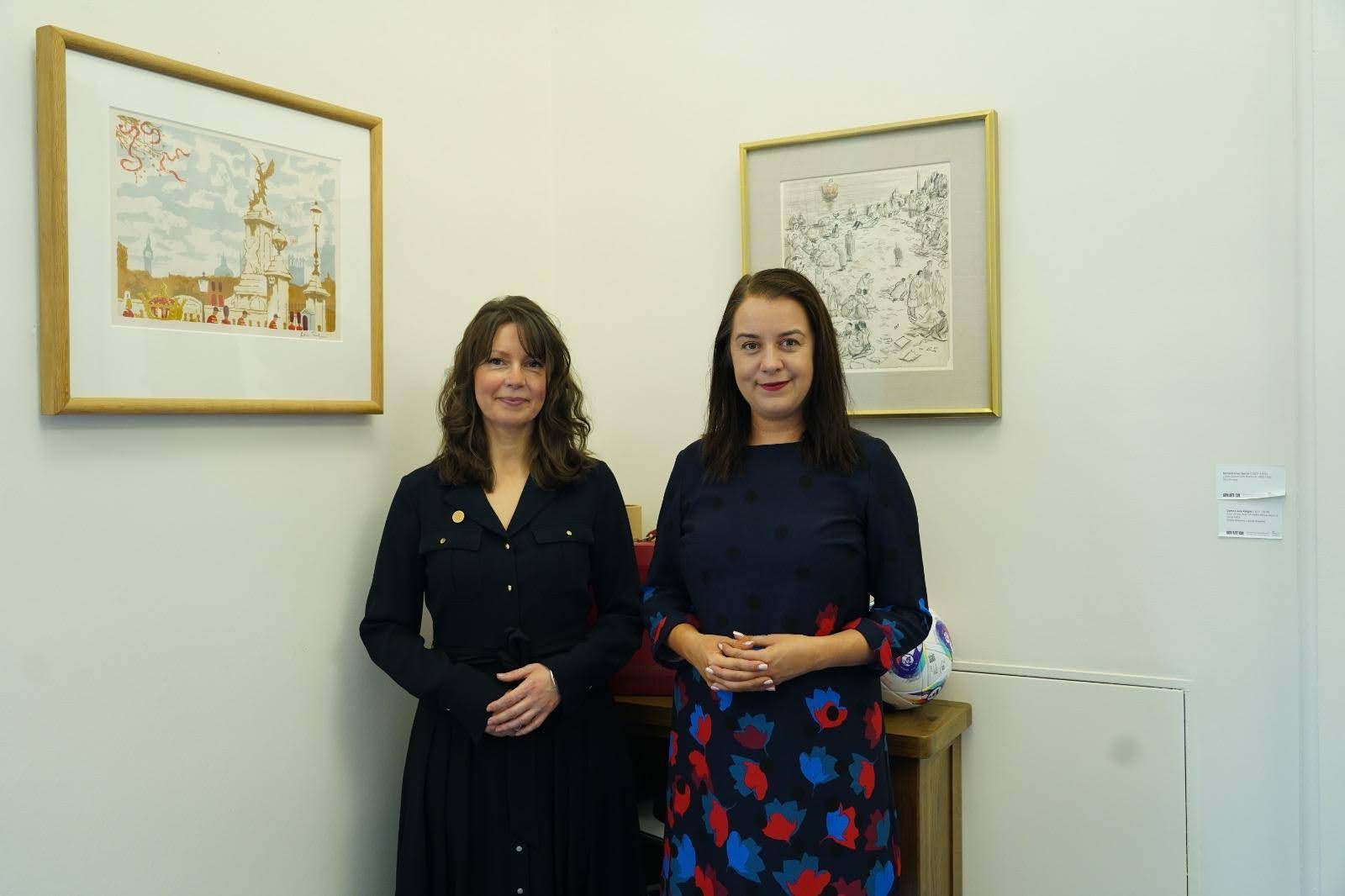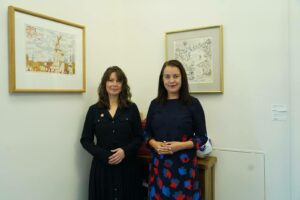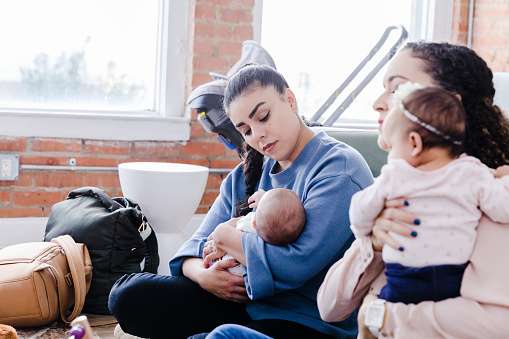Blog post from Stephanie Peacock, Minister for loneliness and social connection.

The Government recognises that this is an important issue across the UK, and we are taking steps to combat loneliness.
As part of my Ministerial role, loneliness falls under my responsibilities. The first minister for loneliness was established following the work of the late Jo Cox, and the Foundation in her name works to help combat loneliness.
Loneliness does not discriminate and can affect anyone at any point in their life. An older person who has lost their partner just as much as a young person at school or university.
Over 50 percent of people in the UK report feeling lonely at least occasionally, according to research. Chronic loneliness can have serious consequences for our mental and physical health. Certain groups of people are also at a greater risk of experiencing loneliness; this includes young people, older people, members of the LGBT community, ethnic minorities, those who have a long-term health condition, caring responsibilities or experience socioeconomic deprivation.
Life changes such as moving house, starting a new job or staying home with a newborn can affect our ability to connect with others. Despite the high probability of experiencing loneliness at some point throughout our lives, there is still a stigma attached to admitting feeling lonely.
At the end of 2024, I led a roundtable focused on tackling loneliness. This brought together stakeholders working in the sector including The Jo Cox Foundation, Age UK, Neighbourly Lab and The Centre for Loneliness Studies so that government could draw on their expertise to set our priorities to support people to lead connected lives going forward.
Local people understand best what is needed in their communities. I have seen the impact of organisations and civil society initiatives that work with local people to address loneliness.
On a visit to All Saints Action Network (ASAN) in Wolverhampton, I witnessed how a social enterprise enhances connection in the community by providing volunteer and job opportunities, supporting services and hosting events. I was impressed with the work ASAN-run enterprises do to support local people into the job market.
A visit to Diamond Hampers in Huntingdon illustrated the support offered to bring people together, offering free breakfasts, and a safe space for the community to visit and enjoy a hot drink. Just last week I attended two events in my Barnsley constituency which highlight some of the work taking place locally to bring people together: the launch of the Good Food Pantry in Thurnscoe and the Community Shop in Goldthorpe. Both work to tackle food insecurity but also have space for people to meet and connect.
In my area organisations offering services or activities, such as Age UK Barnsley, BIADs, YMCA Barnsley and many more, are crucial in offering a space for people to meet some together with others in the local area, as I know many do up and down the country.
Today at the launch of Loneliness Awareness Week 2025, I was pleased to meet with the Marmalade Trust. I’m proud to support this brilliant initiative to raise awareness of the impact, empower us all to make more meaningful connections and start conversations about loneliness.
The work around Loneliness Awareness Week ties in with the Government’s priorities on social connection. This Government is committed to improving connection across all age groups, particularly young people. We are looking forward to working with you all to build a more socially cohesive society that benefits us all.
I want to thank the organisations and individuals in the Tackling Loneliness Hub for their tireless work to better connect people across our society. Indeed all the volunteers, charities and organisations that are working hard to tackle loneliness. Without you, the government would not be able to realise this important agenda.


Stephanie Peacock, Minister for loneliness and social connection with Amy Perrin, OBE founder of Marmalade Trust who are the organisers of Loneliness Awareness Week.




Responses